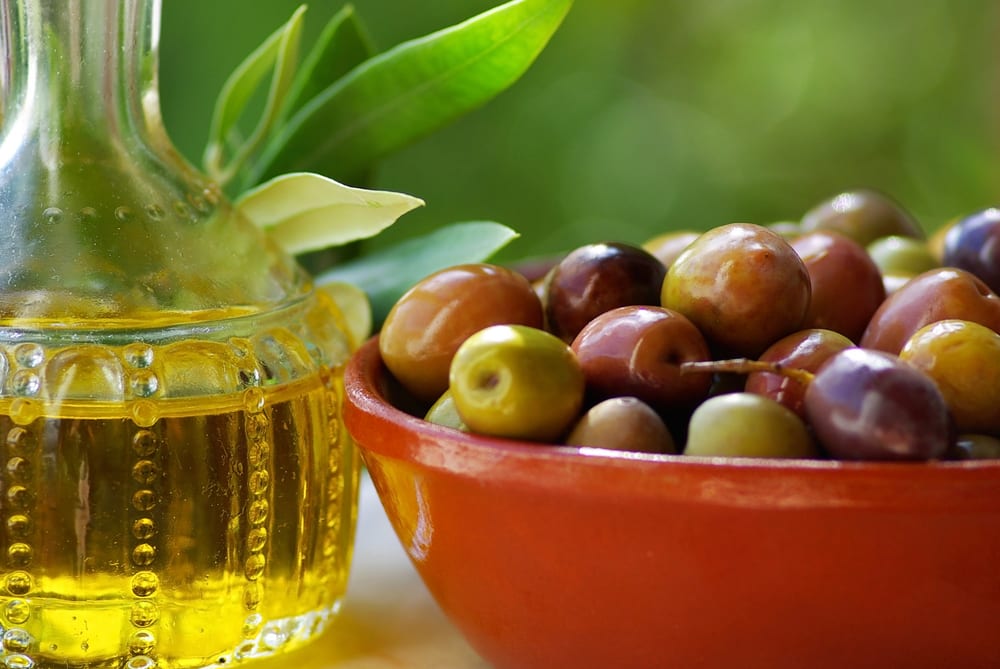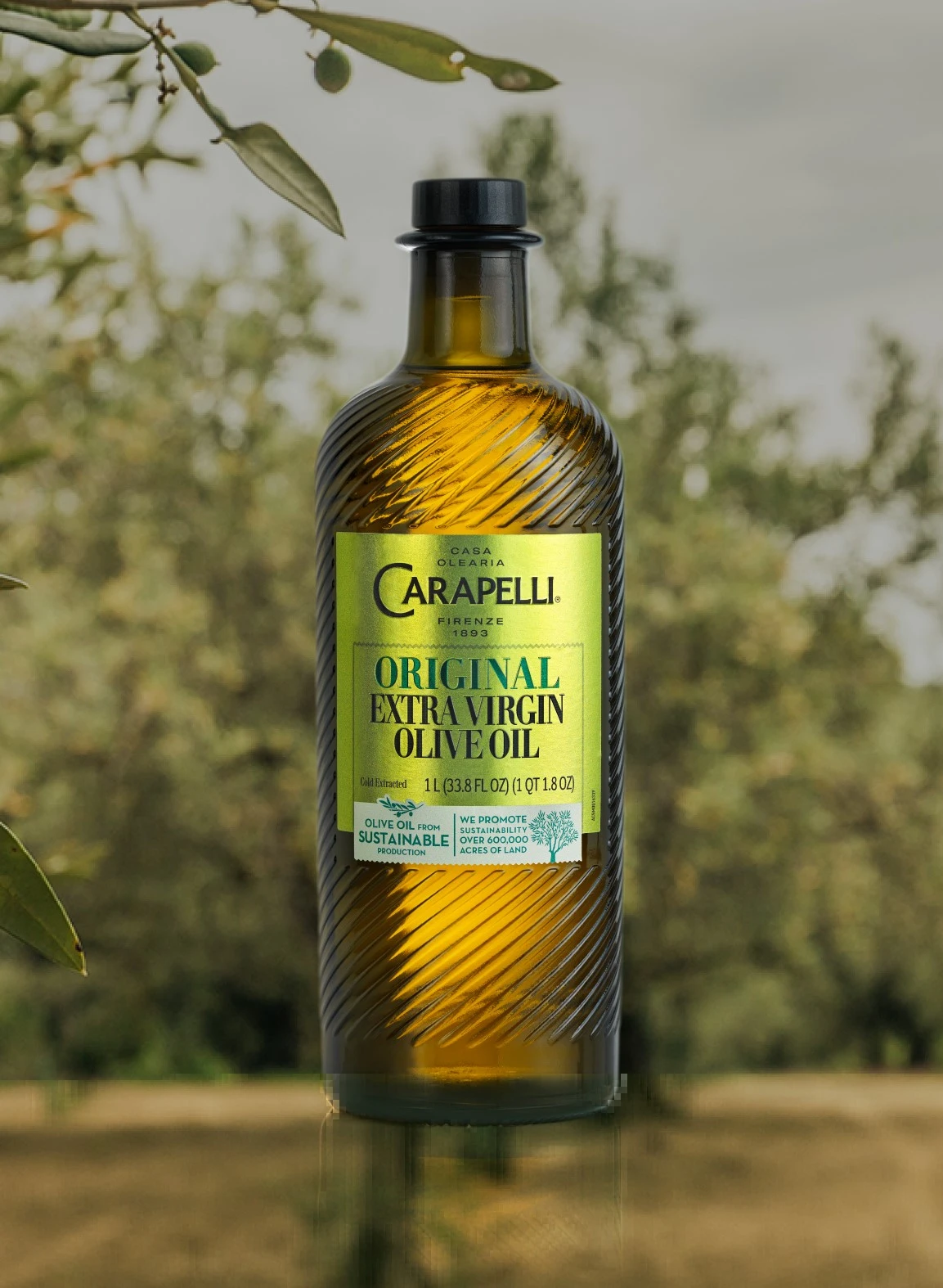Extra Virgin Olive Oil Benefits: A Natural Way to Reduce Inflammation
Extra Virgin Olive Oil Benefits: A Natural Way to Reduce Inflammation
Blog Article
Discovering the Different Sorts Of Olive Oil and Their Usages, Consisting Of Additional Virgin Olive Oil
The exploration of olive oil includes a varied series of types, each offering distinct flavors and culinary applications. Additional virgin olive oil, renowned for its remarkable quality and health advantages, functions as a staple in lots of kitchens, yet it is just one aspect of this multifaceted component. extra virgin olive oil benefits. Various other selections, such as polished and pure olive oils, likewise necessitate focus for their unique residential properties and uses. Comprehending these distinctions can dramatically influence both food preparation methods and flavor accounts. What, then, should one think about when choosing the best olive oil for a certain culinary undertaking?
What Is Olive Oil?
Derived from the fruit of the olive tree, olive oil is a staple in Mediterranean food and a key ingredient in different cooking applications. This versatile oil is produced by pressing entire olives, causing a liquid that varies in flavor, fragrance, and shade depending upon the sort of olives made use of, the area of cultivation, and the removal process. Olive oil is mainly composed of monounsaturated fats, especially oleic acid, which is known for its potential health and wellness advantages, including anti-inflammatory properties and cardio support.
Along with its culinary usages, olive oil has a lengthy background of application in traditional medication and skincare, owing to its rich antioxidant material (extra virgin olive oil benefits). The oil is commonly used in dressings, marinates, and for cooking techniques such as sautéing and roasting. Its distinct taste profile can enhance the taste of different dishes, making it an essential active ingredient for both home chefs and expert cooks
Additionally, olive oil is celebrated for its function in the Mediterranean diet plan, which is connected with various health and wellness benefits. As awareness of these benefits grows, olive oil remains to obtain popularity worldwide as a basic part of a healthy lifestyle.
Kinds Of Olive Oil
Comprehending the various types of olive oil is important for both health-conscious consumers and cooking lovers. Olive oil is classified largely based on its removal method and quality, which dramatically influences its wellness, taste, and aroma benefits.

Light olive oil, despite its name, describes a lighter taste and not reduced calories. It is suitable for those looking for a much more subtle taste in marinates and dressings. Furthermore, there are flavorful olive oils instilled with natural herbs, flavors, or citrus, which can boost dishes without the requirement for added seasoning.
Each type of olive oil serves details culinary functions, and recognizing these differences allows consumers to make informed options that straighten with their food preparation styles and health objectives.
Extra Virgin Olive Oil
Additional virgin olive oil (EVOO) is widely considered as the best quality olive oil offered, celebrated for its rich taste and various wellness advantages. To be categorized as extra virgin, the oil must be produced from fresh olives utilizing mechanical processes, without making use of solvents or extreme heat. This meticulous approach maintains the oil's natural tastes, anti-oxidants, and healthy fats, leading to a product with a reduced level of acidity degree of much less than 0.8%.
EVOO is plentiful in monounsaturated fats, particularly oleic acid, which is linked to reduced inflammation and enhanced heart health. It also consists of polyphenols, effective anti-oxidants that may supply protective effects against chronic diseases. The flavor profile of EVOO can differ dramatically relying on the olive range and area of manufacturing, varying from grassy and fruity to durable and sharp.

Culinary Use Olive Oil

In cooking, olive oil can be made use of for sautéing, toasting, and cooking, supplying a much healthier option to butter or various other fats. Its high smoke factor makes it appropriate for various cooking techniques, while its antioxidants add to a heart-healthy diet regimen. Sprinkling olive oil over ended up meals, such as pasta, fish, or barbequed veggies, can elevate flavors and include a touch of sophistication.
In addition, olive oil plays a considerable function in cooking, where it can change conventional fats in dishes for bread and pastries, giving dampness and a subtle taste. It also functions as a base for instilled oils, enabling cooks to try out flavors such as garlic, natural herbs, or chili, better increasing its culinary potential. Overall, olive oil's versatility makes it essential in both home and professional kitchens.
Deciding On High Quality Olive Oil
When choosing high quality olive oil, it's important to take into consideration read the article numerous essential factors that affect the product's fragrance, taste, and health benefits. Firstly, choose for extra virgin olive oil (EVOO), which is originated from the first cool pushing of olives and contains the highest degrees of anti-oxidants and helpful substances. Look for oils that are licensed by identified companies, as this often guarantees adherence to strict top quality requirements.
The product packaging also plays a considerable additional reading function in maintaining the oil's integrity. Pick oils stored in dark glass containers or tins to secure against light deterioration. Pay focus to the harvest day; fresher oils provide remarkable taste and nutritional value, so choose items that are within 18 months of their harvest.
Furthermore, think about the beginning of the oil. High-quality olive oils often originate from details regions known for their unique taste profiles, such as Italian, Spanish, or Greek oils. Be conscious of the taste; a good high quality olive oil should have an equilibrium of fruity, bitter, and peppery notes, indicating its splendor and intricacy. By reviewing these variables, you can ensure you are selecting the most effective olive oil for your cooking demands.
Verdict
In recap, the exploration of different types of olive oil exposes distinct qualities and applications, with extra virgin olive oil representing the pinnacle of quality due to its low level of acidity and high antioxidant material. Understanding the various varieties of olive oil permits for educated selections in cooking approaches, advertising healthier practices while enriching the total gastronomic experience.
Derived from the fruit of the olive tree, olive oil is a staple in Mediterranean he said cuisine and an essential component in numerous culinary applications.The most typical types of olive oil consist of refined olive oil, pure olive oil, and light olive oil.Extra virgin olive oil (EVOO) is commonly concerned as the greatest high quality olive oil readily available, well known for its abundant flavor and various wellness benefits. Choose for added virgin olive oil (EVOO), which is acquired from the initial chilly pushing of olives and contains the greatest levels of anti-oxidants and helpful substances.In recap, the expedition of different types of olive oil exposes distinctive features and applications, with added virgin olive oil representing the peak of high quality due to its reduced acidity and high antioxidant content.
Report this page